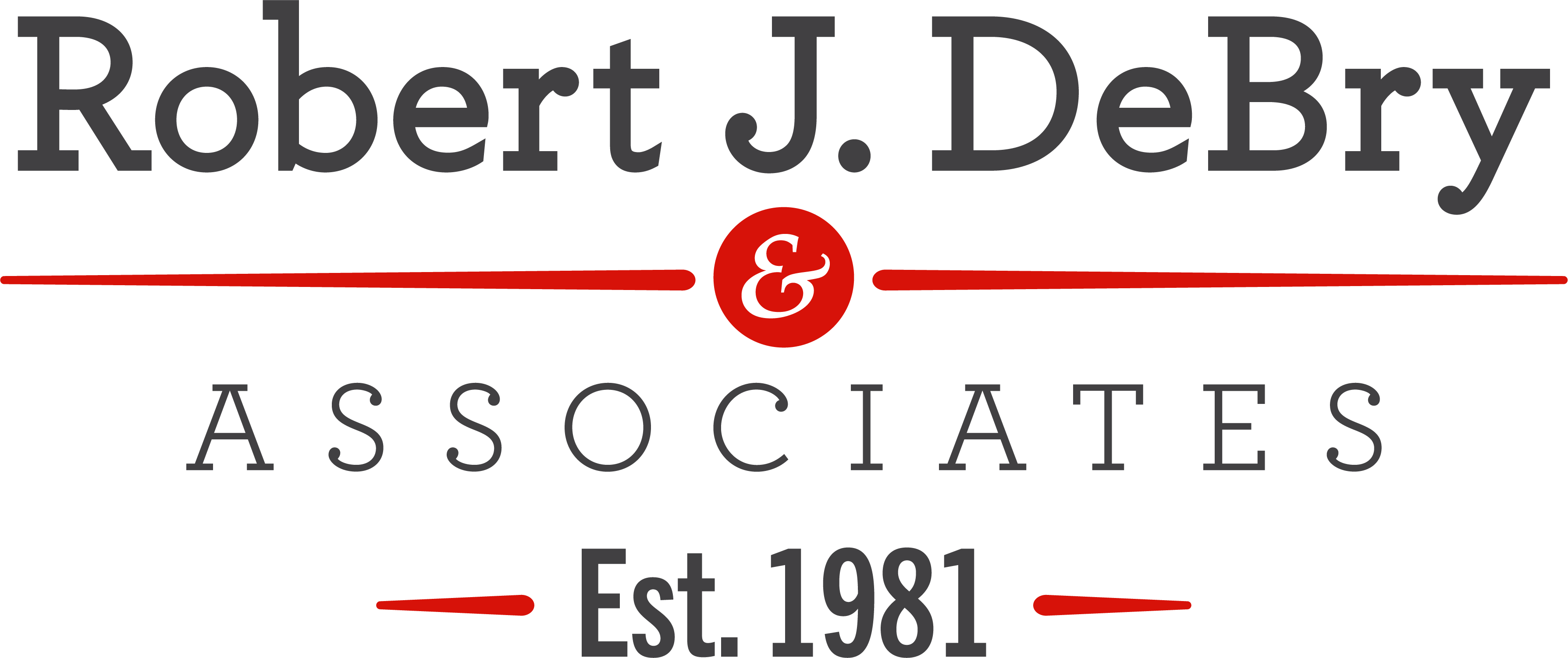When an accident or wrongful death occurs, the injured party has a legal right to compensation. Most individuals assume that the best way to collect this compensation is by taking their case to court and letting a judge decide. If you have a good lawyer, this can be a valid option, but it would be wrong to assume that it’s your only one.
Many people have received just compensation and avoided the hassles of courtroom trials by negotiating a settlement. Recent studies indicate that as many as 95 percent of American civil cases never make it to trial. A lawyer negotiates a compensation agreement, settlement is made and both parties leave satisfied.
Settlements provide an appealing alternative to potentially embarrassing and exhausting trials. If you’ve been injured or experienced a wrongful death in the family, a lawyer can help you reach a settlement agreement that meets or even eclipses your needs. Here are a few of the reasons why you may want to consider settling your wrongful death or personal injury case outside of court.
1. Economics
Court cases are expensive. Especially if the trial runs on for months or years, the costs can be staggering. Even if you win your case, court fees and compensation for your lawyer can seriously chip away at your remunerations. One of the key incentives for plaintiffs who choose to settle outside of court is the more reasonable cost.
A good lawyer can usually reach a very acceptable settlement in far less time than it would take to argue the case in court, driving down the expense of the whole affair. In wrongful death and personal injury cases, most people who settle receive as much or more by way of compensation than they would have if the case made it all the way to trial.
2. Communication
The rules governing wrongful death cases in court are strict and unbendable. There are definite guidelines regarding how evidence can be collected and presented. Interaction between the injured party and the defendant is often limited, closely watched and stilted. If the plaintiff wishes to change their approach, it can be difficult or impossible to do so without the judge’s permission.
The settlement process is much less formal. Plaintiffs and defendants are able to interact more freely and better determine which course of action is just for both parties. Evidence can be collected and presented in a more natural way, allowing for easier decision-making. Wrongful death causes serious emotional harm to the victim’s loved ones. Their lawyer may wish to see the opposite party issue an apology. This is impossible in court, but is not at all unusual as part of a settlement agreement.
3. Closure
The American court system is designed to allow unhappy individuals to appeal their rulings. If a judge awards you compensation, you might still never get it. Even after the last bang of the gavel, the defendant can appeal the ruling, jeopardizing your money. If you’ve followed the Supreme Court, you know that unhappy parties regularly appeal their cases all the way to the top of the legal hierarchy. The process usually takes several years and millions of dollars.
Settlement agreements, on the other hand, cannot be appealed. Once both parties have signed and shaken hands, the deal is done, and neither party can renege. If you have a good lawyer, you don’t need to worry about a bad settlement. Chances are you’ll be more than satisfied with the compensation—and you’ll know with finality that it’s your to keep.
4. Privacy
By their very nature, court trials are public. They usually require both parties to take the stand and speak about embarrassing or emotionally painful topics. The court records every statement. In high-profile cases, the press often reports coverage, or even broadcasts statements on TV. Every case ends with a winner and a loser. Often the loser is given a “guilty” verdict that forces them to publicly acknowledge wrongdoing.
Obviously, not every court case is a media circus, but for a family that has just experienced a wrongful death, speaking publicly about details can be very painful. Most defendants fear the guilty verdict because it could damage their reputation and future business prospects. Settlements are private. No one needs to admit guilt. Conversations often don’t even need to be recorded.
Settlements may not be right for everyone. If your case is designed to bring attention to a social issue or injustice, a court case will be your best option. Settlements do not create legal precedent. Additionally, if the opposite party refuses to cooperate, you can be left with no choice but to take the case before a judge.
For most citizens who have experienced an injury or wrongful death in the family, however, a lawyer-negotiated settlement can be an excellent option.
* Image Credit: McClelland Institute
